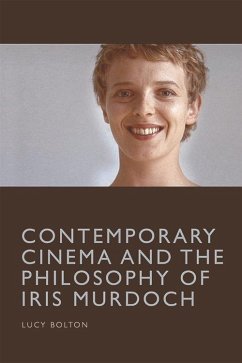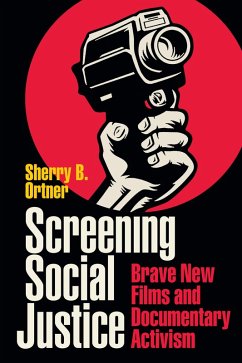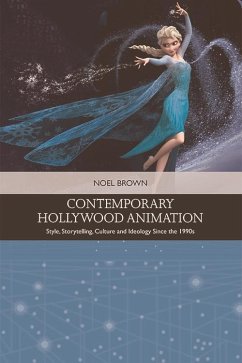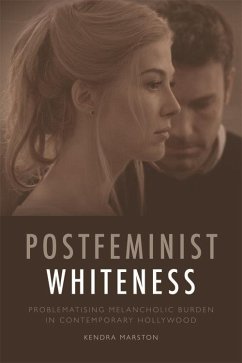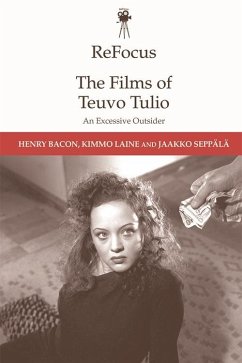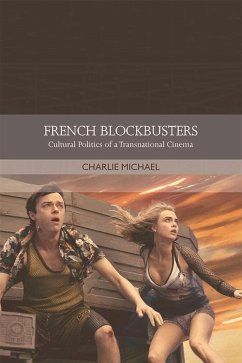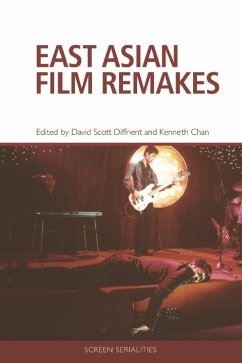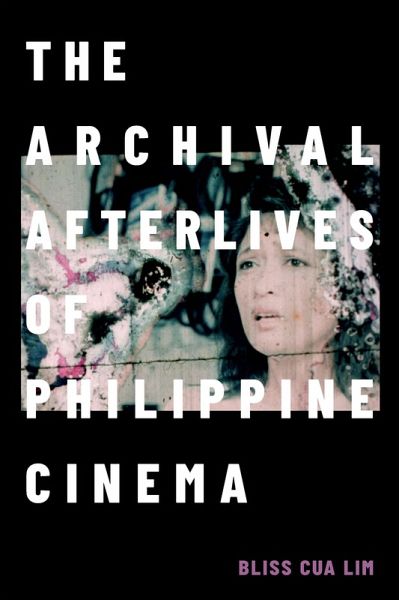
Archival Afterlives of Philippine Cinema (eBook, PDF)
Versandkostenfrei!
Sofort per Download lieferbar
26,95 €
inkl. MwSt.
Weitere Ausgaben:

PAYBACK Punkte
13 °P sammeln!
Drawing on cultural policy, queer and feminist theory, materialist media studies, and postcolonial historiography, Bliss Cua Lim analyzes the crisis-ridden history of Philippine film archiving-a history of lost films, limited access, and collapsed archives. Rather than denigrate underfunded Philippine audiovisual archives in contrast to institutions in the global North, The Archival Afterlives of Philippine Cinema shows how archival practices of making do can inspire alternative theoretical and historical approaches to cinema. Lim examines formal state and corporate archives, analyzing restora...
Drawing on cultural policy, queer and feminist theory, materialist media studies, and postcolonial historiography, Bliss Cua Lim analyzes the crisis-ridden history of Philippine film archiving-a history of lost films, limited access, and collapsed archives. Rather than denigrate underfunded Philippine audiovisual archives in contrast to institutions in the global North, The Archival Afterlives of Philippine Cinema shows how archival practices of making do can inspire alternative theoretical and historical approaches to cinema. Lim examines formal state and corporate archives, analyzing restorations of the last nitrate film and a star-studded lesbian classic as well as archiving under the Marcos dictatorship. She also foregrounds informal archival efforts: a cinephilic video store specializing in vintage Tagalog classics; a microcuratorial initiative for experimental films; and guerilla screenings for rural Visayan audiences. Throughout, Lim centers the improvisational creativity of audiovisual archivists, collectors, advocates, and amateurs who embrace imperfect access in the face of inhospitable conditions.
Dieser Download kann aus rechtlichen Gründen nur mit Rechnungsadresse in A, B, BG, CY, CZ, D, DK, EW, E, FIN, F, GR, HR, H, IRL, I, LT, L, LR, M, NL, PL, P, R, S, SLO, SK ausgeliefert werden.




